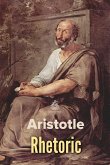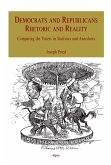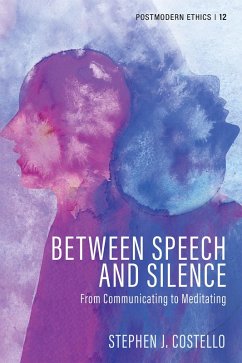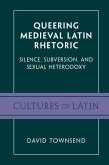This groundbreaking analysis examines how Black music functions as rhetoric, considering its subject not merely reflective of but central to African American public discourse. Author, musician, and scholar Earl H. Brooks argues that there would have been no Harlem Renaissance, Civil Rights Movement, or Black Arts Movement as we know these phenomena without Black music. Through rhetorical studies, archival research, and musical analysis, Brooks establishes the "e;sonic lexicon of Black music,"e; defined by a distinct constellation of sonic and auditory features that bridge cultural, linguistic, and political spheres with music. Genres of Black music such as blues and jazz are discursive fields, where swinging, improvisation, call-and-response, blue notes, and other musical idioms serve as rhetorical tools to articulate the feelings, emotions, and states of mind that have shaped African American cultural and political development. Examining the resounding artistry of iconic musicians such as Scott Joplin, Mary Lou Williams, Duke Ellington, John Coltrane, and Mahalia Jackson, this work offers an alternative register in which these musicians and composers are heard as public intellectuals, consciously invested in crafting rhetorical projects they knew would influence the public sphere.
Dieser Download kann aus rechtlichen Gründen nur mit Rechnungsadresse in A, B, BG, CY, CZ, D, DK, EW, E, FIN, F, GR, HR, H, IRL, I, LT, L, LR, M, NL, PL, P, R, S, SLO, SK ausgeliefert werden.









